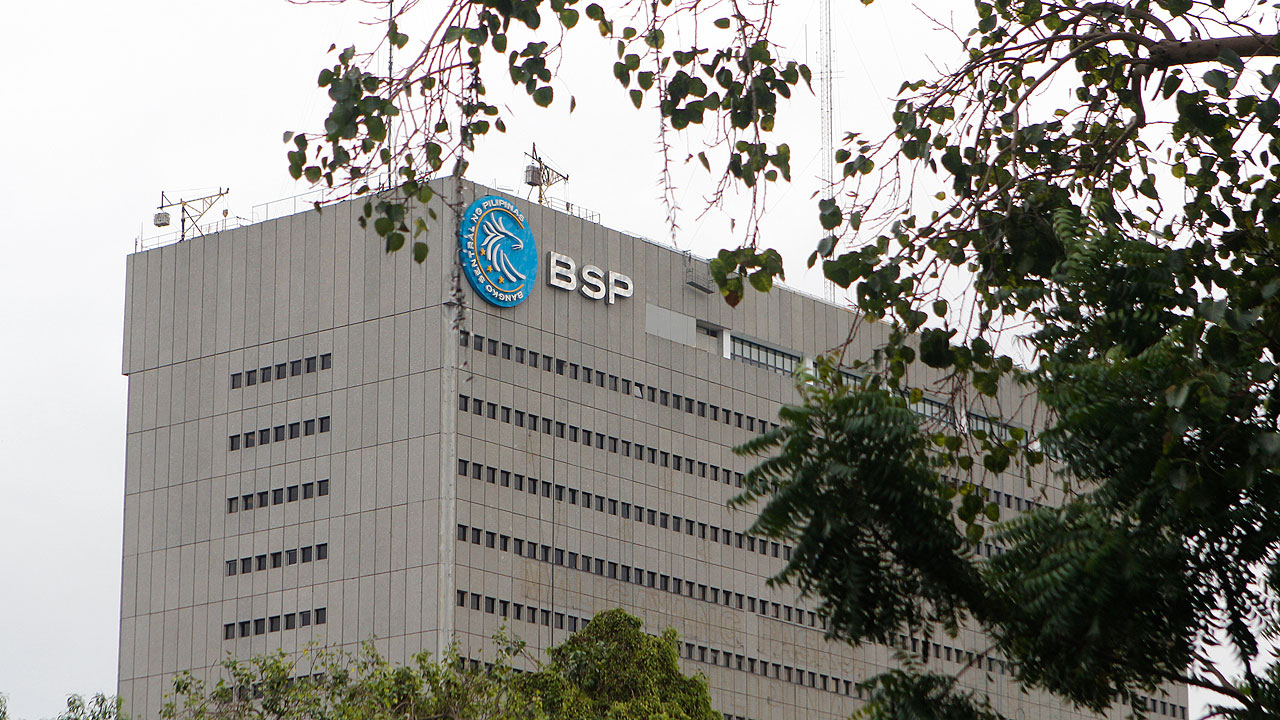BSP rules out rate cuts at next 2 meetings

THE BANGKO SENTRAL ng Pilipinas (BSP) is unlikely to cut policy rates in the immediate term, Governor Felipe M. Medalla said on Wednesday.
“I’m ruling out the cuts in the very short run and I’m not ruling out the increases. But maybe the increases will not be as large as it used to be,” he told reporters during the launch of a US-backed project for small businesses.
“(It is) too early to tell but at the same time, this early, I think the likelihood that we will not do anything in the next two meetings is quite low,” he added.
On Tuesday, the BSP chief flagged a 25-basis-point (bp) or 50-bp rate increase at its Feb. 16 meeting, citing the need to anchor inflation expectations.
The Monetary Board raised borrowing costs by 350 bps in 2022 to curb inflation and support the peso. This brought the policy rate to a 14-year high of 5.5%.
Asked if the BSP is considering a pause in tightening this year, Mr. Medalla said, “It’s too early to say. There are so many things still going on. As I said, if the US is doing 50 basis points, one can argue that it’s not a good idea not to hike.”
“The best-case scenario is maybe two more 50 (bps) by the Fed. I don’t know how long it will last but sooner or later, I think when it becomes clear that (their) inflation is returning to desirable levels, they will reverse, but I do not see that happening that quickly,” he said.
The US Federal Reserve cut rates by 425 bps last year, bringing its policy rate to 4.25-4.5%.
“But in our case, our inflation will normalize by the third quarter. the way, we will begin to see it already in the month-on-month [comparison]. But to see it on the year-on-year [comparison], we may have to wait till the third quarter,” the BSP chief said.
Inflation accelerated to a 14-year high of 8.1% in December, bringing the full-year average to 5.8%.
“What we want to guarantee is monetary policy will not be the source of inflation, monetary policy is responding to inflation,” he added.
Meanwhile, an HSBC economist said he expects the BSP to pause tightening once the benchmark rate hits 6.25%, as inflation eases.
“We do think the BSP will hike interest rates by 25 bps in each of the next three rate-setting meetings until closing at 6.25%. It’s really just a matter of inflation. We think December inflation has already peaked, so it’s a matter of how fast it will decline,” HSBC ASEAN Economist Aris Dacanay said at a virtual media briefing.
Victor A. Abola, an economist at the University of Asia and the Pacific (UA&P), told a separate briefing the BSP would likely not be as aggressive with tightening as it was in 2022.
“I think the main cue is the inflation rate. They will be looking at how persistent food inflation is. The highest (the BSP) could go is 50 bps, but realistically it would pause at 25 bps. It will not follow the US because the situation is quite different from ours,” he said.
CREDIT CARD CAP
Meanwhile, ceiling rates for credit card charges should be increased up to 3% per month to take into account higher policy rates, Mr. Medalla said.
“I personally think the ceiling should be adjusted, not removed…If we’re adjusting, might as well adjust to 3%,” he added.
The current interest rate cap is at 24% annually, or monthly rate of up to 2% on unpaid outstanding credit card balances.
It was implemented in November 2020 under Circular No. 1098. At that time, the BSP’s key policy rate was at a record low of 2%, following cuts worth 200 bps amid the crisis.
Earlier in November last year, the BSP decided to keep the 2% monthly ceiling on credit card rates until the end of January 2023.
Under the Republic Act No. 10870 or the Philippine Credit Card Industry Regulation Law, the BSP has supervisory authority over all credit card issuers.
The BSP reviews credit card rates and fees every six months. – Keisha B. Ta-asan with inputs from Aaron Michael C. Sy and Luisa Maria Jacinta C. Jocson
